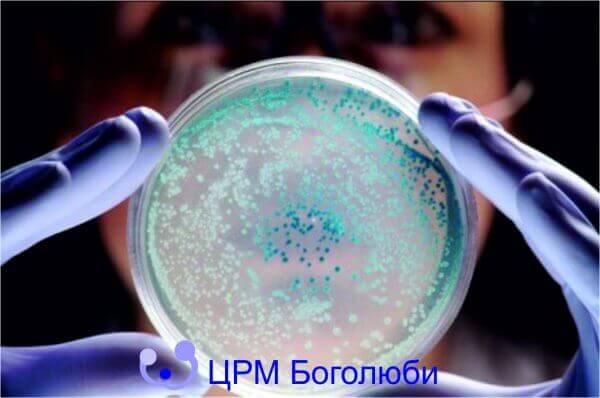Mycoplasmosis - is a conditional name for an inflammatory pathological condition that is caused by a number of pathogens. «The black list» of human mycoplasmas includes the genera Mycoplasma, Ureaplasma, and Acholeplasma. More than 150 species of mycoplasmas found in plants and animals, humans, and insects are known. Most of them are not dangerous for us, however, pathogenic strains exist.
Mycoplasmas are living things, some of which are similar in size to viruses - more than 200 nm. The triple layer surrounded by a cell membrane does not have a cell wall, hence the name of the class «mollicuts», from the Greek «soft skin». Most mycoplasmas are facultative anaerobes.
Mycoplasma pneumonia (M. Pnewnoniae) accounts for more than 10-20% of all pneumonia and half of childhood pneumonia. Mycoplasma pneumonia infection can occur in any season, with periodic epidemics every 4 years. Peak «outbreaks» of such pneumonia in schools are typically characteristic of autumn. It should be noted that most patients can be carriers of mycoplasma from 6 weeks to 4 months.
of such pneumonia in schools are typically characteristic of autumn. It should be noted that most patients can be carriers of mycoplasma from 6 weeks to 4 months , for syphilis during mycoplasma infection.
Mycoplasma hominis fills the genitourinary tract of men and women, especially those who are sexually active. The presence of mycoplasma in intimate places can either cause discomfort or cause pathological conditions. Mycoplasma hominis is usually involved in the genesis of bacterial vaginosis and inflammatory diseases of the pelvic organs, along with chlamydia and gonorrhea.
The consequences of mycoplasmosis
The results of the «The results of the» of this mycoplasma are:
- infertility;
- spontaneous abortion;
- endometritis;
- salpingitis;
- premature rupture of membranes;
- chorion-amniotic infection;
- fetal growth retardation.
In men, mycoplasma most often manifests itself as urethritis, prostatitis and pyelonephritis.
A high percentage of mycoplasma colonization of both men and women is associated mainly with sexual activity (several sexual partners), but transmission of infection can also occur vertically - from mother to child. Statistics show that 50% of sexually active women and 20% of sexually active men are carriers of mycoplasma hominis.
It should be noted that mycoplasmosis is often combined with cytomegalovirus, ureaplasmosis and chlamydia. When pregnant with mycoplasma, the infection may not manifest itself clearly, but tests for sexually transmitted infections ((including mycoplasmosis) are mandatory. If the expectant mother begins to worry about yellowish discharge, pain in the lower abdomen and discomfort during urination - these are direct signals to consult a doctor and undergo the necessary diagnostic tests. Mycoplasmosis is dangerous because it causes a number of pregnancy complications (see above). And every fifth baby is infected with mycoplasmosis in utero. This is good information for reflection and a reason (if there are signs or suspicions) to take an analysis for mycoplasma mycoplasma (in the «Lakmus» laboratory today the cost of the study is 100 UAH).
Treatment of mycoplasmosis
Treatment of infection is based on the use of antibiotics that inhibit protein synthesis.
















